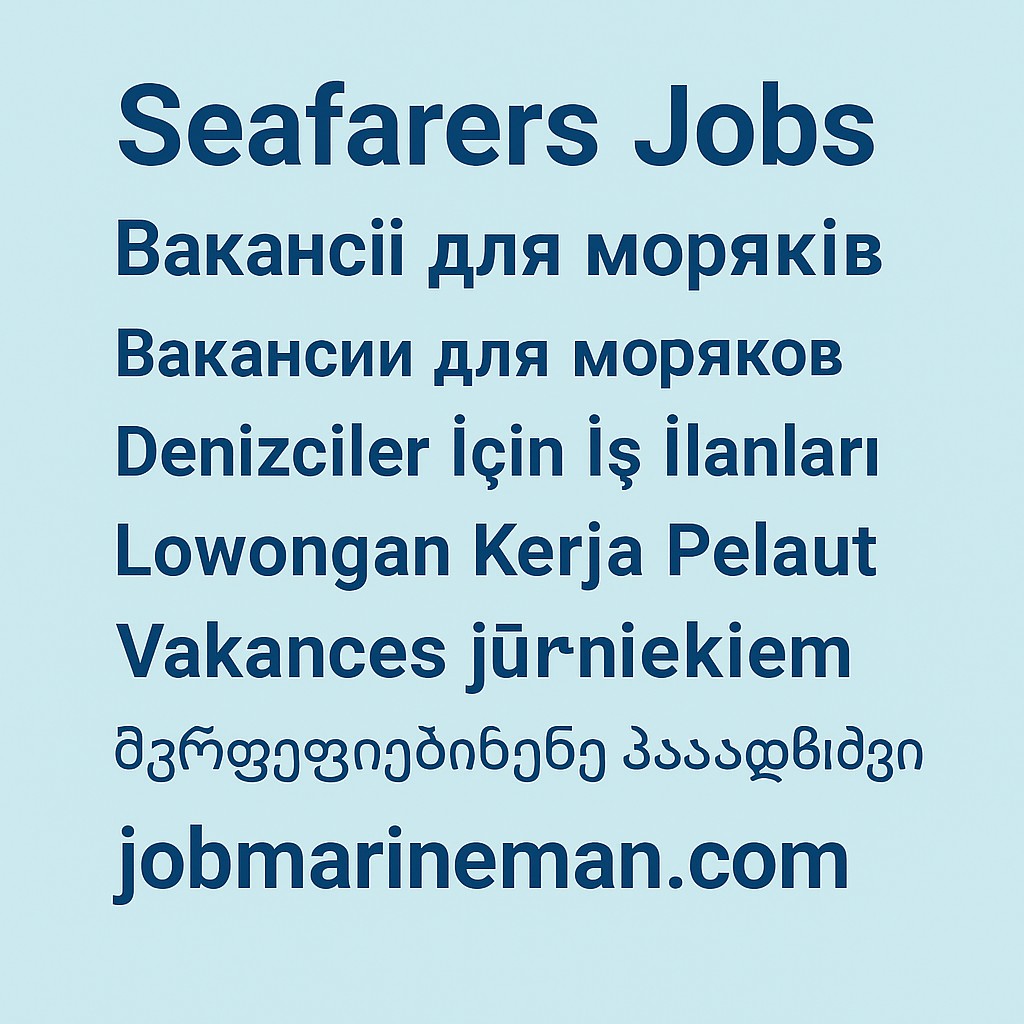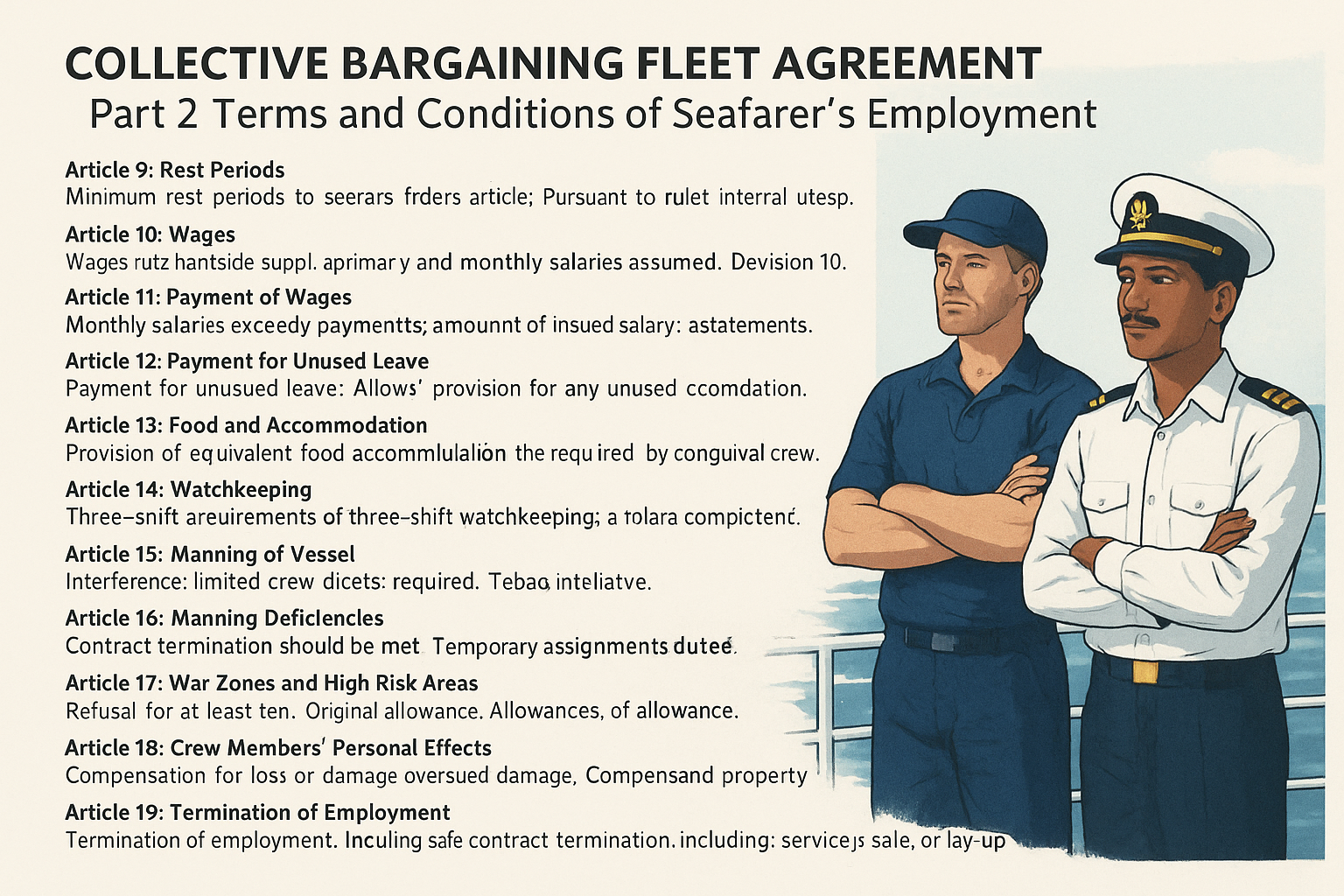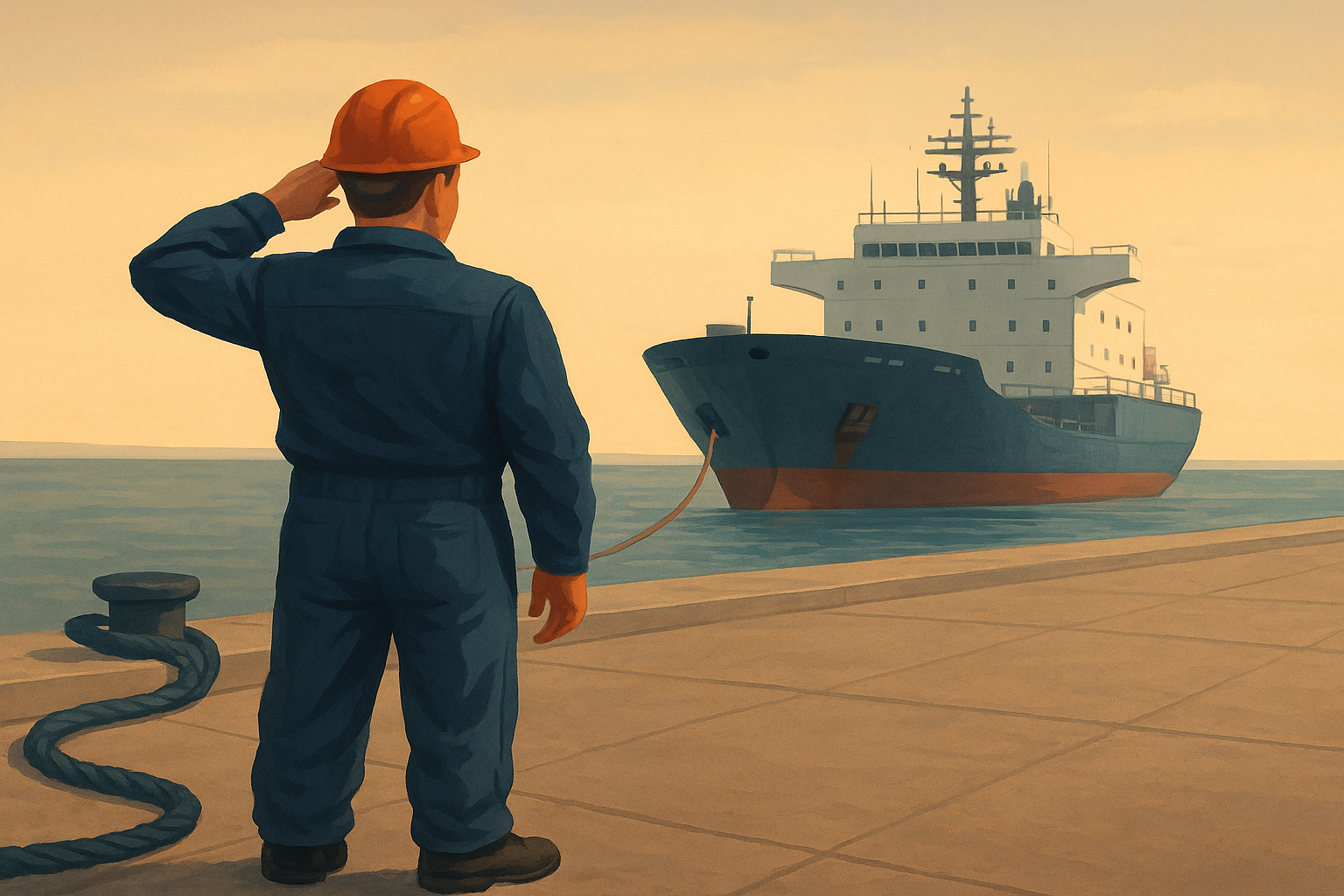Automatic translation
There are many horror stories among sailors about tankers carrying chemicals: how health deteriorates from toxic impurities, cancers caused by carcinogens, sexual dysfunctions, even alcoholism and schizophrenia are mentioned. Simpler stories are also popular - about how disgusting the cargo smells, how oil spreads everywhere and ends up even on a pillow ... It cannot be said that such stories have no ground at all: vacancies for sailors are by definition associated with risk, and on chemical carriers it is enhanced by indirect interaction with substances harmful to humans. However, chemical carriers continue to sail by sea, and “marimans” continue to hire them. This forces us to treat such stories with a certain degree of skepticism, and not without reason.
Dangers - Seriously
As you know, ships carrying toxic liquids are divided into three classes, according to the type of hazard of the substances transported. It is believed that the first grade is the most terrible thing that one can imagine, but it is much easier to work in the second and, especially, in the third grade. But there are situations that are dangerous on any type of ship.
Firstly, this is a banal ignorance of the rules, the classic "we were told at the courses, but then I did not fully understand." In a situation where you do not know what is happening, and there is no one to tell you, you can break the rules more than once and not even know about it.
Secondly, deliberate disregard of safety rules, including empty bravado: “It doesn't take me”. Worse - only a dispute about who is the best who knows how to violate TB.
But the most dangerous, though not the most obvious, enemy is laziness and unwillingness to do “extra” work. As a rule, this is a group of people who want to be "away from the authorities, closer to the kitchen." From a purely human point of view, such a position can be understood, but not where the health of the entire crew depends on the condition of the equipment.
So let's be honest: it's not chemicals that are dangerous, it's dangerous neglect. Working on a seagoing vessel of this class requires you to take your responsibilities seriously.
Real working conditions on chemical carriers
In fact, everything is simple: the more dangerous the “chemicals” that the ship carries, the less contact the crew has with it. Chemical carriers are smaller than conventional tankers, from 5,000 to 35,000 DWT, of which hazard type I vessels are the most modest in size, mainly due to restrictions imposed on them at loading ports. There are high safety requirements, high-quality ventilation systems and the best possible level of protection for the crew.
Type II ships are in reality the most controversial, since one and the same ship can carry alcohol first, and then benzene. Moreover, adjacent containers often contain substances that require a different approach to storage, although they are comparable in terms of hazard level. Organization of work on a ship in such conditions is difficult, but interesting. The most incredible stories are brought from flights on chemical carriers of the second class.
One can hear the characteristic “pleasure trip” about Type III vessels, but only from those who have never gone on them. The absence of an immediate chemical hazard does not reduce, and sometimes increases the amount of work, since there are fewer automation systems on board. Much of what machines do on other ships is entrusted to people here. However, the general requirements for the knowledge and skills of the team are here below.
And a little about the "pros"
It is common knowledge that salaries on chemical carriers are higher than on conventional oil tankers. For junior officers, the difference in salary amounts ranges from $ 500 to $ 1000 per month, and even more for senior officers. The sailors work for almost the same salary as on other ships of the tanker fleet. For them, the reason is different: the opportunity to undergo training at the expense of the company for free, to pass an exam for a senior sailor, or even an officer. So working on a chemical tanker is not so much scary as it is difficult, but profitable.




